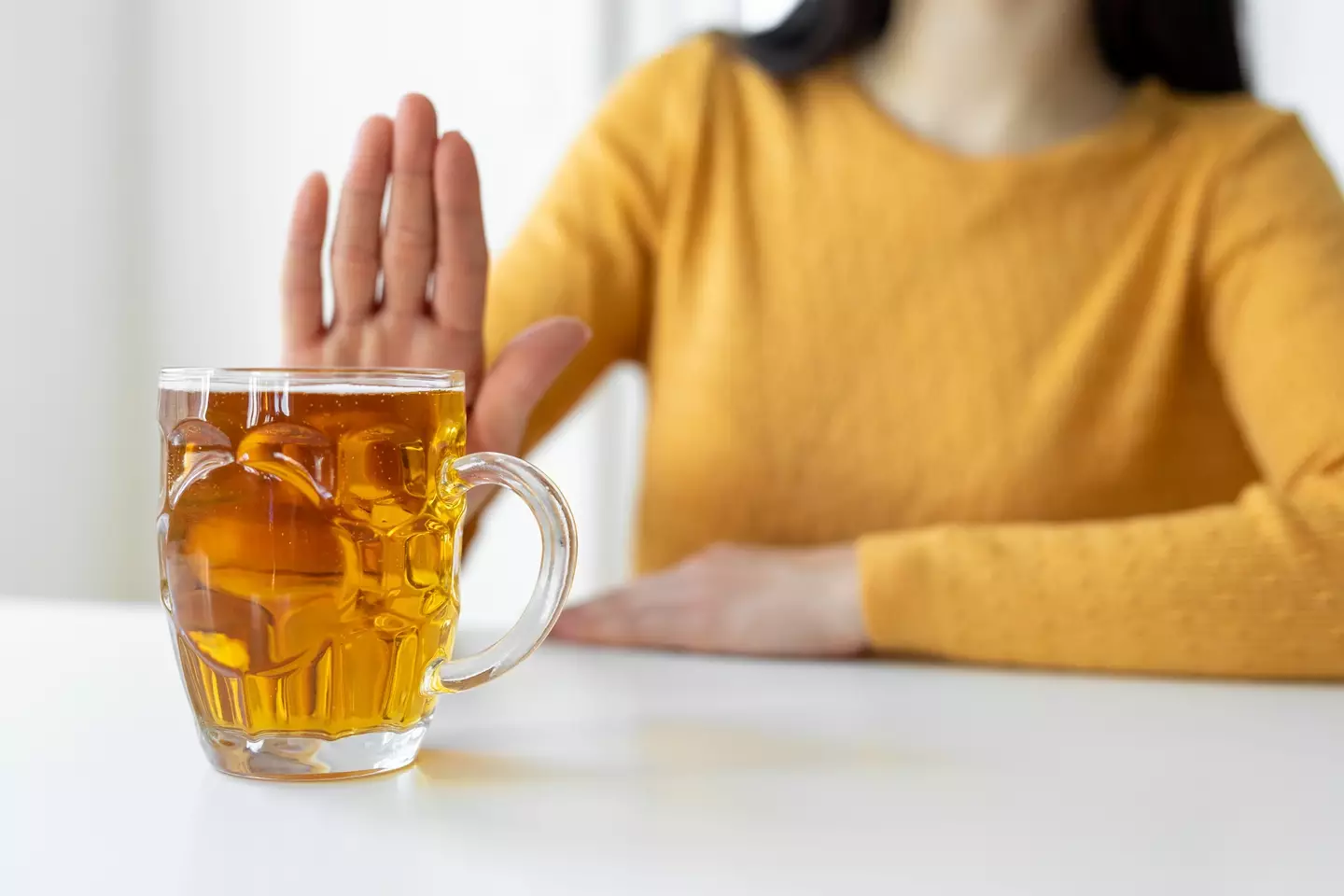
Alcohol comes with an awful lot of baggage.
Having fun with your friends is innocent enough, but it’s all too common for consumption to start racking up.
For some, that increased consumption can result in addiction. It’s a spectre that looms behind many of us who drink moderately, as is the fact that, ultimately, alcohol is a poison.

Advert
As we get older and our bodies become less resilient, so too does our ability to recover from the damage of too much booze.
With that in mind, a doctor has weighed in with a recommendation for the age where you should consider putting the pints aside if you want to limit your chances of developing alcohol-related health issues later in life.
One of those health issues, and perhaps the scariest of the lot, is dementia.
The Alzheimer's Society shared research that found excessive alcohol consumption was tied to increased chances of developing dementia.
Alcohol has been directly associated with a reduction in the brain’s white matter, and that reduction can impair normal brain function.
American neurologist, Dr Richard Restak, author of How to Prevent Dementia: An Expert’s Guide to Long-Term Brain Health, described alcohol as a “direct neurotoxin”.
If you’re wondering what a neurotoxin is, wonder no more: they’re substances that damage, destroy or otherwise impair the nervous system’s functions.
“Ask yourself, ‘why do I drink?’ If the answer is ‘because alcohol helps me to elevate my mood and lower my anxiety,’ you may be at some peril, and it’s probably best to stop altogether,” wrote Dr Restak.
His recommended age for quitting, however, is considerably older than you might think.
“I strongly suggest that if you are 65 years old or older, that you completely and permanently eliminate alcohol from your diet."
It’s worthwhile to consider quitting the drink far sooner than that, of course.
"Alcohol related brain damage (also known as alcohol related brain impairment) is caused by drinking alcohol excessively over a prolonged period of time,” explains Dementia UK.

"It can be caused by a combination of reasons including vitamin B1 deficiency (thiamine), the toxic effects of alcohol on nerve cells, head injury and blood vessel damage."
You can limit the risk of this brain damage by limiting your alcohol consumption to 14 units per week or fewer, and those should be spread across at least three days rather than in one or two sittings, says online advice from Drinkaware.
All the usual tips still apply, too: increase physical and mental activity, maintain a healthy and balanced diet, limit over consumption of calories, don’t smoke, keep your stress levels in check, and get a solid handle on your weight, cholesterol, and blood pressure.
